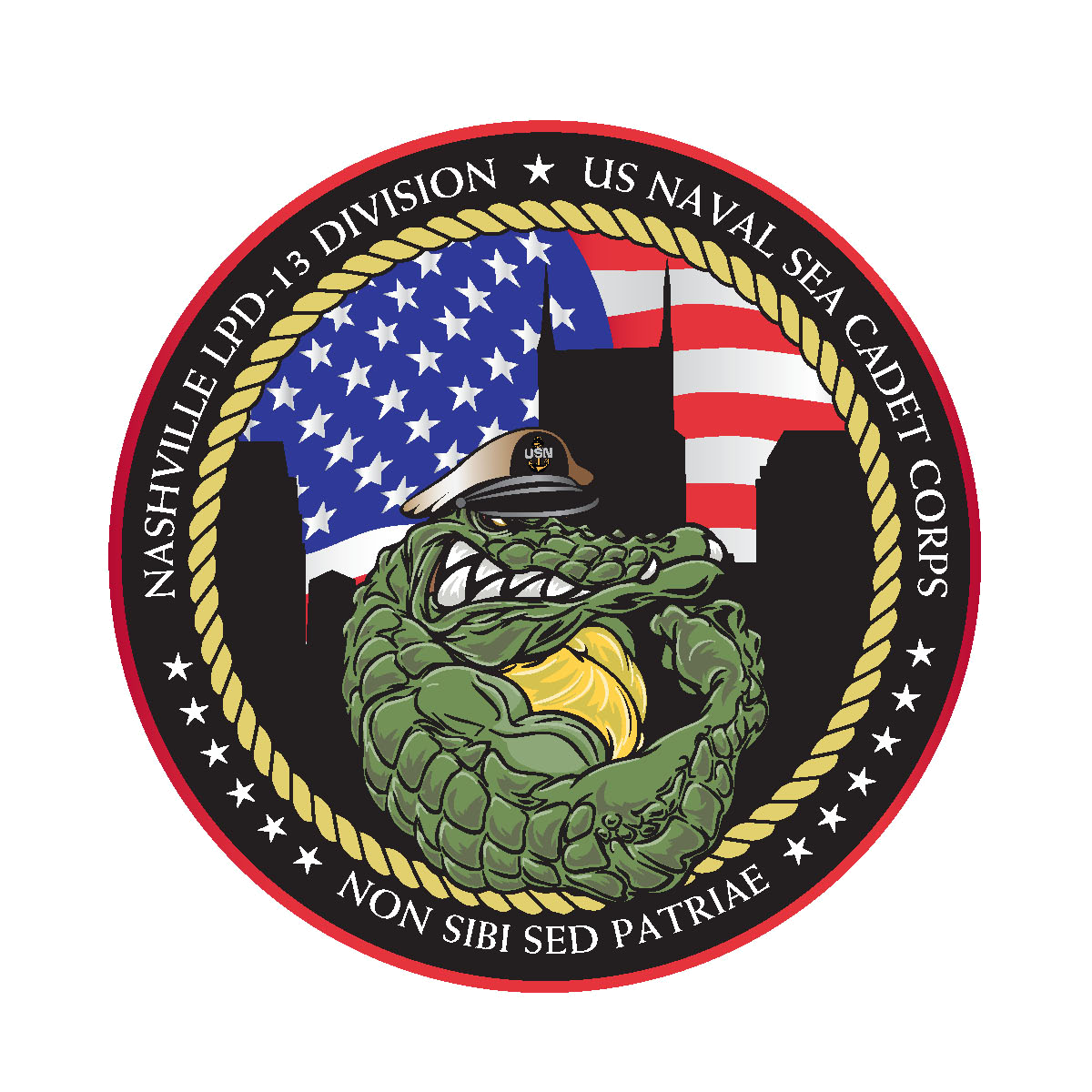
PETTY OFFICER LEADERSHIP ACADEMY (POLA)
As a tool to develop the leadership qualities of the NSCC Cadets, attendance at Petty Officer Leadership Academy is a prerequisite for advancement and service as a Staff Cadet in a leadership billet.
ATTENDANCE:
Cadets must be in the rate of Airman/Seaman (E-3) or Petty Officer Third Class (E-4) to attend POLA. Cadets may not attend POLA immediately following attendance at Recruit Training.
ADVANCEMENT:
POLA must be completed prior to and is a requirement for advancement to Petty Officer Second Class (E-5) in the NSCC.
STAFF CADETS:
Those Staff Cadets that are responsible for the direct supervision of cadets under instruction are required to attend POLA prior to the issuance of Staff Cadet orders. While POLA is not a prerequisite for service at an advanced training in a staff support billet, it is strongly recommended.
STAND-ALONE TRAINING:
POLA is a stand-alone training. POLA students may not enroll in POLA concurrently with another training, or serve in a staff billet at another training while enrolled in POLA.
TESTING:
POLA COTC’s shall establish a minimum graduation standard based on assessments of the nationally approved POLA curriculum.
REMEDIATION:
Cadets scoring below this standard shall not be considered POLA graduates and therefore not entitled to advancement to PO2 or service as staff cadets; they may not enjoy such privileges until they successfully graduate from a subsequent POLA evaluation. For cadets who do not graduate to insufficient academic scores only, training credit may be given for advancement to PO3.
CURRICULUM:
Petty Officer leadership Academies will follow and established standardized curriculum which incorporates rotating leadership assignments for students, regular role-playing and practical exercises, and regular small-group discussion. Subject to be covered, at minimum will include:
USNSCC Core Values, USNSCC Oath, & USNSCC Code of Conduct
Navy Core Values and Ethical Decision Making
Fundamentals of Leadership
Responsibility, Authority, and Accountability
Motivating and Disciplining Others
Team Dynamics and Team Building
Situational Leadership
Overcoming Bias and Prejudice
Interpersonal Communications
Public Speaking
Planning a Lesson and Teaching a Class
Time/Conflict Management
Fundamentals of Counseling
Performance Evaluations
Leadership at RT and NLO
Leadership at the Home Unit
Recruiting and Retention
Knowledge of the NSCC
NSCC Uniforms
Customs, Traditions, Honors, and Ceremonies
Service Etiquette
Sexual Harassment, Hazing, Fraternization, Mental Health Awareness
Career Opportunities in the Sea Services.


